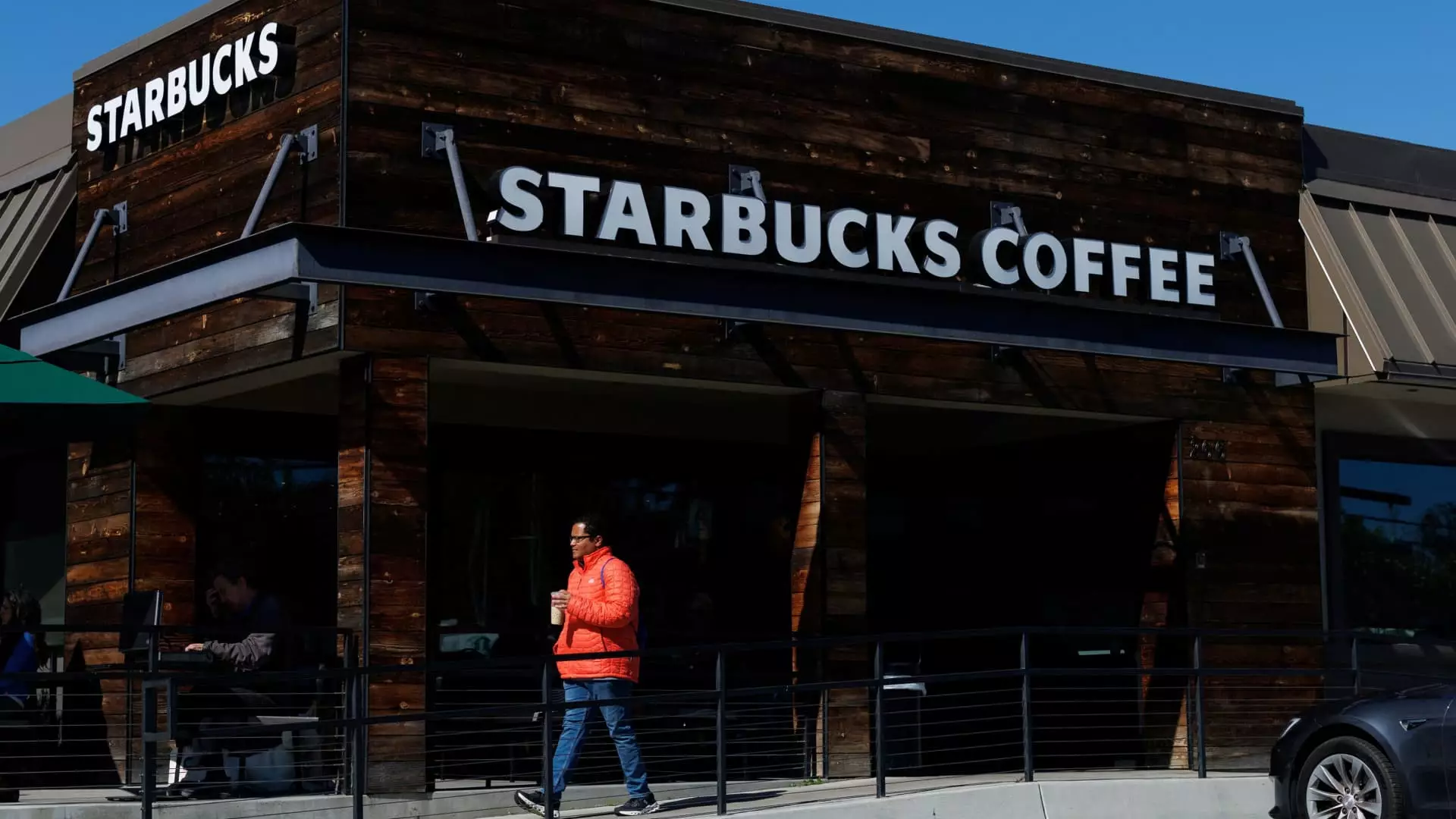As the winds of economic uncertainty blow stronger, the restaurant industry finds itself teetering on the precipice of a potential recession. Investor sentiment is charged with anxiety as stock values tumble, creating a volatile landscape. Recent economic policies, particularly the daunting tariffs introduced by former President Donald Trump, have shaken consumer and investor confidence alike. While industry analysts argue that the tariffs may not directly penalize restaurant chains, the resulting inflationary pressures are a looming threat to consumers’ discretionary spending. This juxtaposition reveals a grim reality: today’s consumers, feeling the pinch of rising costs, might holistically alter their dining habits.
A Broken Ecosystem
The turmoil surrounding restaurant stocks is merely a symptom of a larger, fraught economic system. The intricate web of supply chains in the food and beverage sector is now riddled with vulnerabilities, particularly highlighted by tariffs levied on critical commodities such as coffee beans. With much of the world’s coffee originating from politically and environmentally unstable regions, companies like Starbucks bear the burden. When a beloved coffee chain sees its shares decline almost 20% within a few weeks, it sends alarming signals to the greater market. The reliance on international imports for staple goods creates a precarious balance where even minor shifts can lead to significant economic tremors.
The Domino Effect
The ripple effect of these economic pressures is devastating. Trapped in this unforgiving cycle, shares across casual dining and fast-casual brands have plummeted—Dine Brands, Chipotle, and Texas Roadhouse, to name a few, are all grappling with declining stock prices. Fast-food chains, historically seen as recession-proof sanctuaries, are also experiencing a shift. Last year’s downturn in consumer spending has not spared any segment of the industry. Low-income diners are cutting back on meals, and even those at the higher end of the income spectrum are becoming increasingly selective, leading quick-service chains to experience negative same-store sales. It’s a collective decline in consumer confidence—a public reckoning with the reality of their wallets.
Trade Wars and Consumer Attitudes
While investors divert their attention to the stock market’s daily fluctuations, there exists an unspoken tension that underscores consumer sentiment. The tariffs that ostensibly benefit the U.S. economy by protecting domestic markets may equally breed resentment among international partners. Companies like Starbucks face backlash from consumers in foreign markets. Pervasive anti-Western sentiment, particularly in China, adds a layer of complexity to brand loyalty. Boycotts from past political disputes suggest that a company can quickly find itself on the sharp end of consumer backlash if political climates sour. This dynamic raises ominous concerns about consumer behaviors and highlights the fragility of global market interdependencies.
Investing in Recovery
Yet it’s not all doom and gloom. A few bright spots exist that illuminate potential pathways for recovery in this tumultuous industry. For instance, emerging brands like Dutch Bros. are gaining traction, exhibiting resilience even while their larger competitors falter. The ability to capture consumer interest through innovative products or unique branding strategies is a promising avenue amidst economic despair. Enthusiastic investors should look to these resilient players, as they have the capacity to adapt and flourish in unfavorable conditions.
Moreover, rethinking business models could be key. Restaurant operators that embrace flexible pricing strategies or diversify their menus to cater to various consumer income brackets may emerge stronger. Agility in operations, an understanding of fluctuating consumer behaviors, and an awareness of economic tides can position these restaurants for a rebound when the market stabilizes.
The current economic landscape is rife with challenges, and while fear dominates the discourse, it is essential to discern the opportunities that can arise from adversity. Focused, strategic adaptations will be crucial for the restaurant sector’s survival in this era of overwhelming uncertainty.


Leave a Reply